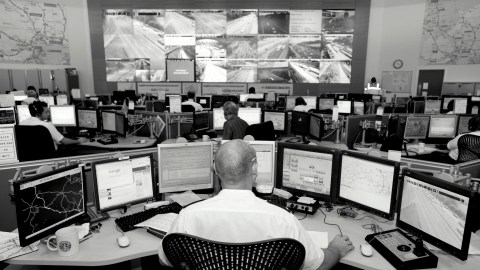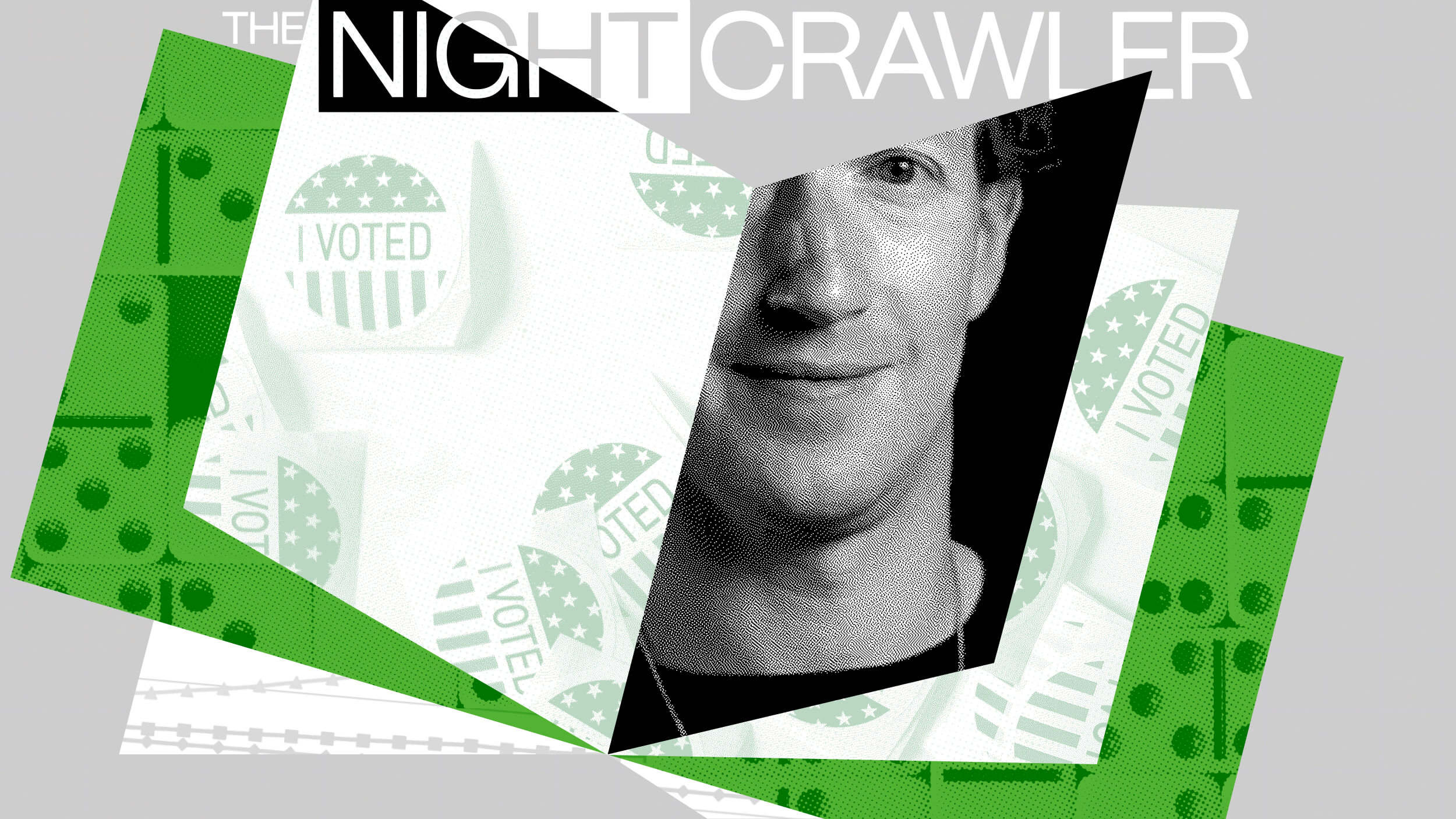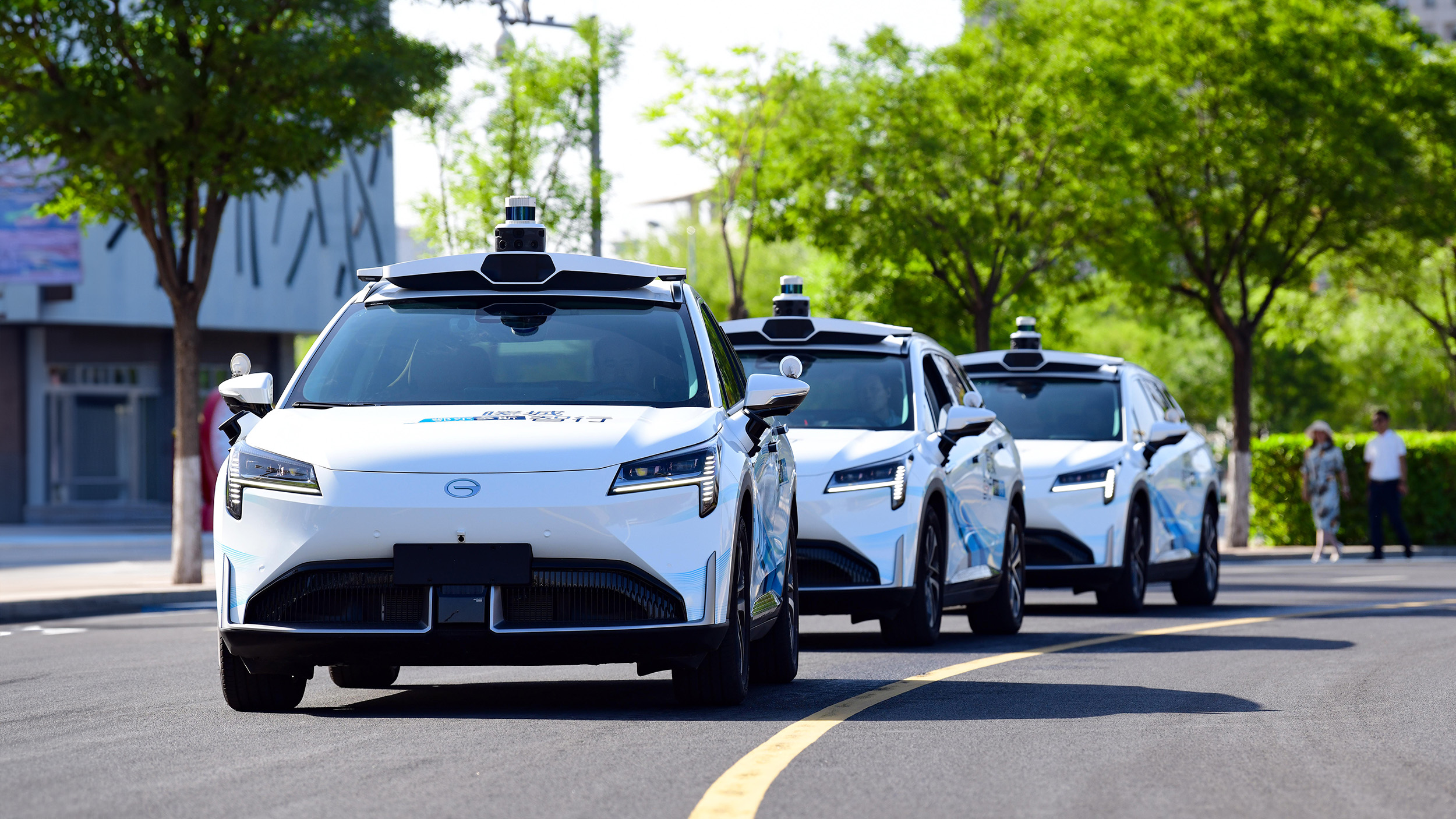You’ll Never Have Full Control

Two of the most fundamental human drives are:
While these may seem different, they’re connected at the most basic level. By learning more about the world around us, we can figure out how to predict what will happen within it. The more knowledge we accrue, the better our predictions become, and the better we’re able to prepare for what were previously unforeseen curveballs. A life of proper prediction and diligent preparation allows us to feel stable and secure. Of course, our predictions are less than perfect, and we’re often wrong with disastrous consequences (as the works of Nassim Taleb and Daniel Kahneman illustrate). But most of our life actions, and much of the technology that we produce, have the sole aim of increasing our feeling of control.
Uber is a great example of this. Traditionally, finding a taxi has been a bit of a crapshoot. While you may be lucky from time to time, and flag down a taxi within a minute of stepping up to the curb, it’s not uncommon (especially in San Francisco) to have to spend 15 hand-flapping minutes at the corner of a busy thoroughfare before successfully ensnaring a cab. With Uber, however, you are practically guaranteed a ride each and every time you open the app. You can see who your driver is, what model of car they’re driving, and where they are on a map in relation to you. Location is accurate up to the second. This is a prime example of a human-made system with the sole purpose of giving common people more control over their circumstances. Stated differently, it’s a great example of a human-made system with the purpose of reducing uncertainty.
As I’ve written aboutbefore, if you look at the technologies we’ve produced since the beginning of history, all of them have taken what was once a scary, indeterminate part of life and made it mundane and determinate. Farming took the hunt out of hunting and gathering. Medicine, vaccines in particular, took the fear out of common sicknesses and ailments. Communication technologies gave people instant feedback of whether their communication was received (and successful). Each new successful innovation will do the same thing, and wring a little bit more uncertainty out of a part of life.
Medical innovations will continue to make the probability of death, at any given age, closer and closer to zero. Transportation technologies will continue to make the probability of getting transported safely and quickly higher and higher. And dating applications will continue to get better and better at making the possibility of meeting up with a “dud” closer and closer to zilch. Our locus of control will continue to increase throughout the 21st century, extending out our human powers beyond our wildest dreams. Unfortunately, as our locus expands beyond our skin, and begins to encapsulate the world, we’ll come to find ourselves simultaneously in control of everything and controlled by everyone else. We’ll be back where we started. Even if we squeeze the uncertainty out of life, there will always be messy, chaotic people to foil our plans. After all, there is no app for making old, painful memories fade away, or for quelling the heartache of a love lost. At that point, all we can do is learn and move on, and let wisdom reduce uncertainty within when there’s nothing more to do without.





